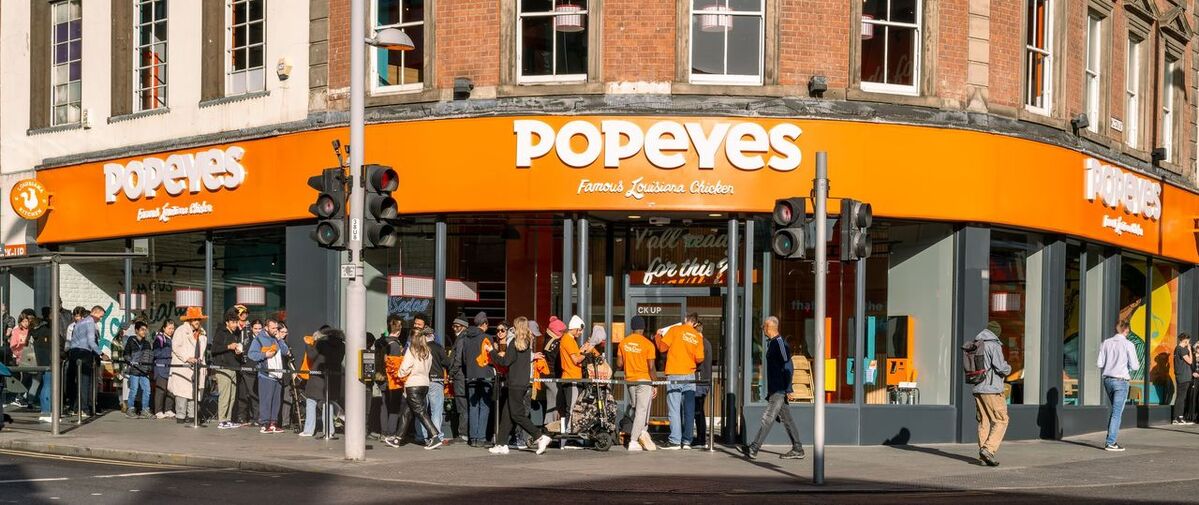Fears supply chain crisis could affect allergen compliance
The UK’s ongoing food supply chain crisis could make it more difficult for hospitality businesses to keep track of allergens in their dishes or comply with upcoming changes to allergen laws, it has been warned.
Coral Rose, managing director of Country Range Group, which supplies food to customers including restaurants, pubs, schools and offices, said shortages of certain products meant wholesalers were having to find alternatives for customers.
This is proving problematic ahead of the introduction of Natasha’s Law in October. The legislation, named after teenager Natasha Ednan-Laperouse, who died after an allergic reaction to a Pret A Manger baguette in 2016, will require food businesses to include full ingredient labelling and allergen information on pre-packaged food.
Rose said wholesalers were doing “everything they can” to source alternative products with the same allergen information but claimed communication from some suppliers was poor amid ongoing staff shortages.
“It’s hard work for us as sometimes we don’t know until a truck arrives at the back door what’s going to be on the vehicle,” she said. “That gives us a very limited time to be able to source an alternative product in time for customers.
“We have to consider allergens when delivering to places like schools and care homes. They’ve got less flex on alternative brands they can take and we have to make sure we’re giving them a comparative product.
“It’s a lot more work from a wholesale perspective, but we’re having to do that due to a lack of supply.”
Rose, who is also chairman of the Federation of Wholesale Distributors (FWD), said she is keen to work with the Food Standards Agency (FSA) to create a central database for suppliers to list product information for caterers to easily access.
“Natasha’s Law is coming in to play in October so people may have more fixed menus then. We’re doing everything we can but we want suppliers to work with us, too,” she said.
Ongoing delivery issues
More than a quarter of hospitality businesses saw stock levels drop below normal in July and August, according to the Office for National Statistics (ONS), with 9% unable to get the goods or services needed.
McDonald’s and Greggs are among the big companies to announce product shortages, while chicken chain Nando’s is continuing to lend its team members to short-staffed suppliers after having to temporarily close around 50 restaurants. All the sites have since reopened.
The problems are being exacerbated by a shortfall of around 100,000 trained HGV drivers, meaning many suppliers are unable to deliver ingredients on schedule.
Country Range’s 12 wholesale providers have taken action by buying or hiring smaller 3.5-tonne vans to ensure they can fulfil orders.
“We might usually use 18- or 10-tonne vehicles, so we’re having to hire more people to drive multiple separate vans, which is not ideal,” said Rose.
She added that pressure on the supply chain was expected to continue for the next few months, following the introduction of Natasha’s Law.
“We’re going to have people going back to schools and offices and staycations continuing in September and there will be a continual build up [of demand] until Christmas.
“There’s no flood of drivers coming in so the situation isn’t going to ease, there’s definitely going to be more pressure up until the end of the year.”
Photo: Dmitry Kalinovsky/shutterstock.com
















